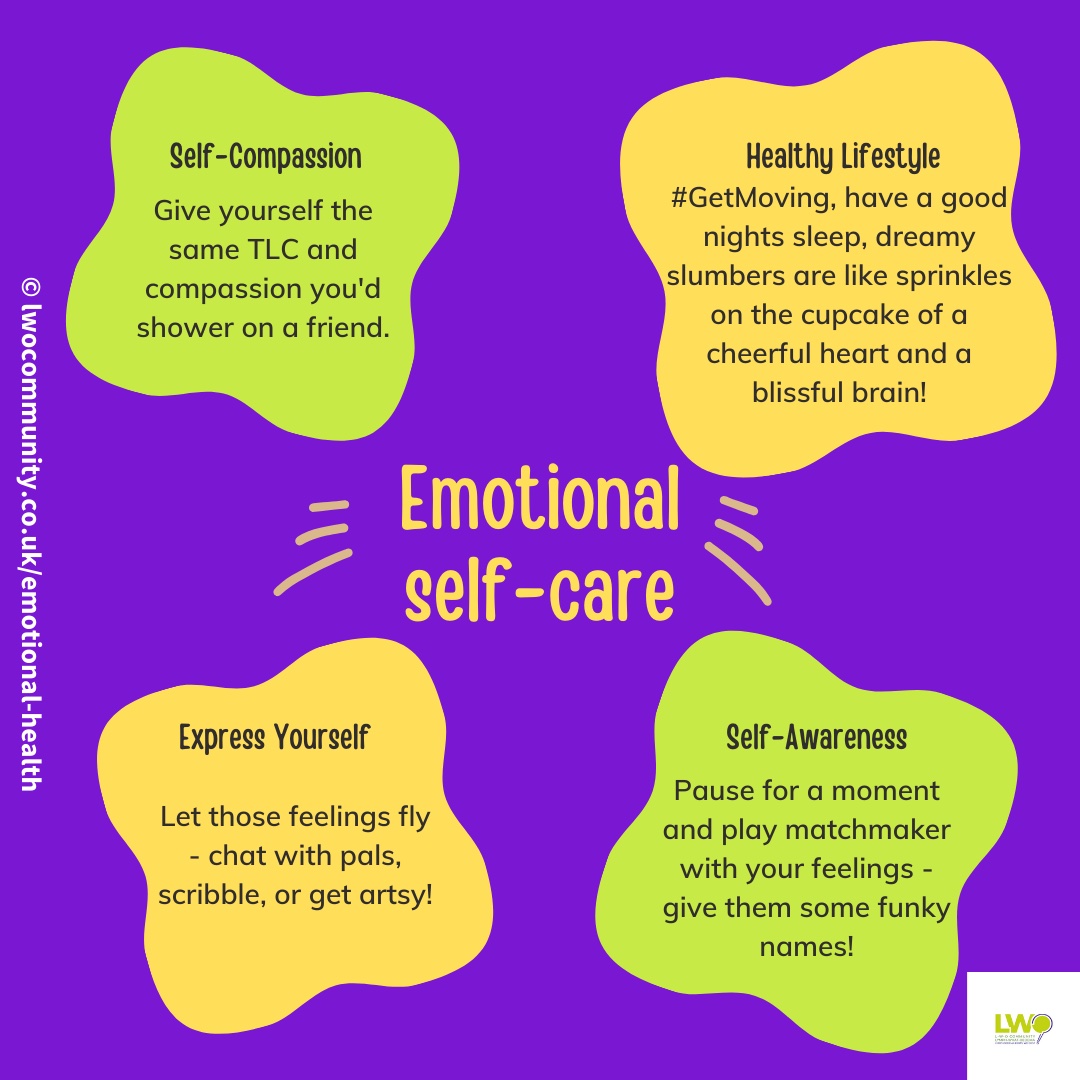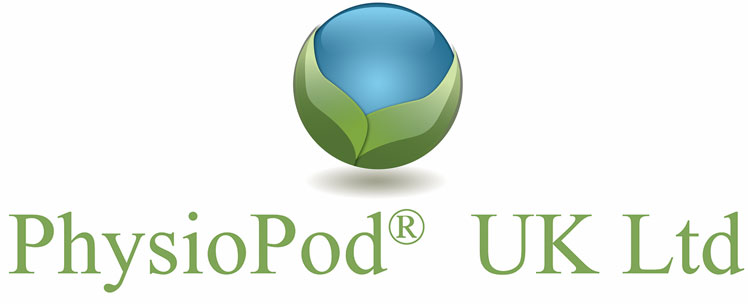The Changing Face of Healthcare by Gaynor Leech of LWO Community
Our healthcare system has been evolving for some time; the digital age means that some aspects of healthcare are running more efficiently, but we must ensure that the vulnerable and elderly are not left behind. As always, I'm writing from a patient's perspective, and this article combines the changes we're witnessing plus the accounts from family and friends.
What is a Primary Care Network?
It is important to explain how healthcare is changing. Some of the changes have been happening for a while, some changes are subtle, and other changes make me want to scream.
Primary Care Networks (PCN) have been around since 2019, and 99% of practices across England are part of one. The focus is on local patients and personalised care for patients. As demand and personnel shortages increase, GP practices collaborating means that if one GP practice provides a specific service, the other practices can refer their patients to that service. This relieves the load on hospitals.
Primary Care Networks https://www.youtube.com/watch?v=W19DtEsc8Ys
This quote was taken from the Nuneaton and Bedworth Primary Care website.

Specialised Personal Care
There is a lot of demand for GP surgeries right now, and many of us have had problems getting appointments. My frustration, and that of my members, is that you do not get to visit the same GP. The relationship with them is not the same as when I was growing up, as your doctor knew you, your parents, and possibly your grandparents, where you lived and to some extent knew about your living conditions. When necessary, it was easier to get home visits. As PCNs have grown, so have the number of staff and disciplines you are likely to interact with.
What are the additional roles within the PCN and your surgery?

Going Digital
I wrote last year for this magazine about the NHS App and other apps used to access digital or electronic health records (EHRs) whereby you can view your GP health record, view and manage prescriptions, book appointments, see consultations, documents and test results.
This year, I was introduced to something unexpected. Growing older is difficult; bones ache and creak, other problems emerge, and your head insists you are still twenty-one. Earlier this year, my shoulder started to ache. Like many, as we become older, I shrugged it off, thinking it would calm down soon, and I was certainly not going to the doctor. However, after several weeks, the pain got worse to the extent I could not sleep or lift my arm I finally gave in and managed to get an appointment at my surgery. The GP decided I needed an urgent x-ray, especially with my history of cancer. All this happened quickly, including the results of the x-ray. I won’t bore you with the full results, in simple terms more osteoarthritis, sclerosis and the words that remind me I am getting older ‘in keeping with degenerative change’. Yippee!
I received a text message from my GP saying nothing to worry about but to please make an appointment with the surgery physiotherapist. I was then sent a link to book the physio appointment and luckily, I have the skills to do this, which was great, I was able to choose a date and time that was convenient for me. On the day of my appointment, I was in agony but mentally quite happy to be seeing the physiotherapist, who would hopefully ease the pain and show me how to manage my arm and shoulder.
This is where going digital makes me want to scream. The physio reviewed my notes, asked questions, wrote my replies into the computer, was completely focused on the laptop screen, made no eye contact, and lacked communication skills. Before I knew what was going on, the physio checked my phone number and email address and said, "Download the app from the links, enter the password I sent you, and complete the exercises on the app." At that time, the physio showed me some of the exercises on the screen and said I would be seen in six weeks. I left the surgery feeling bewildered. Yes, I am still doing the exercises, but the app, in my opinion, has some flaws, so I do them as part of my daily get-moving routine. While I was able to use the app, what happens to those who are not tech-savvy?
On a Tuesday afternoon, I attend an over-50s club; several of our members are over 90; they have mobile phones with the primary use for keeping in touch with family and friends. They will have emails, which, as one of my friends put it, are "a necessary evil". One of their biggest frustrations when it comes to our digital world is the digital survey. Satisfaction questionnaires are frequently requested after hospital appointments, GP appointments, and online shopping. These are sent via text message. These are just some of the polite comments we hear.
“Is it a scam?”
“Why do they keep sending me these?”.
Often, they must wait for a family member to visit so that they can ask them, ‘Should they do the survey?’ Families have often instilled in their loved ones not to open anything they are not sure about. The worst survey on a mobile phone is the one that asks you to give a score between one and ten, then text back asking why you chose that number. Those in charge of digital healthcare systems must remember that there are still those unable to use technology, particularly those who cannot afford to use it.
Two-step verification
More and more this type of security check is being used and I fully understand the need to be secure. However, recently, a family member was ordering their monthly prescription through Patient Access, and after getting past the first sign-in, they were asked to set up two-factor authentication with a third-party app, which they can download through the Apple app or Google Play Store. Pure panic set in. Three times, they came out of the app and tried going back in, but after the third attempt, they were locked out of the app altogether. While I was able to fix the issue for them, the stress it caused was upsetting to see. The question that needs answering here is: Do we really need to download a third-party app? Is there a simpler way to stay secure?
Digital Support Session
On a positive note, I did see in my area the PCN had organised a digital support session for anyone interested. The aim:
- Show patients how to use the Smart Triage online consultation tool to book an appointment.
- How to use Voice Connect for ordering prescriptions.
- How to record Blood Pressure at home
- How to access the NHS app
If you are struggling with digital bookings or the NHS app, check out your local PCN to see if they offer support.
Your Local Pharmacy
Many pharmacies now offer a variety of new NHS clinical services, they aim to improve health and well-being for their local community. Offering the following services:
- NHS Prescription Dispensing
- Medication Usage Reviews (MURs)
- NHS Health Checks, including blood pressure testing.
- Support of Minor Ailments
- Emergency Contraception
- NHS Stop Smoking Services
- Vaccinations against Flu and Covid
Your local pharmacy has qualified health professionals and medicine specialists who may provide clinical advice, consultations, and over-the-counter medications to help patients safely treat a wide range of minor health conditions.
Finally, as I conclude, let’s remember that while advancements in healthcare are crucial and the digital landscape continues to evolve, our fundamental need for social connection remains. Depriving ourselves of communication and eye contact can adversely impact both our emotional health and mental well-being. On that note, why not check out our new webpage on Emotional Health?



